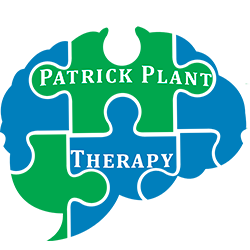Mindfulness therapy is a therapeutic approach that focuses on bringing awareness to the present moment without judgment. Rooted in ancient meditation practices, it encourages individuals to observe their thoughts, feelings, and bodily sensations without getting overwhelmed or overly reactive. This awareness fosters a greater sense of control over emotional responses, making it particularly effective for managing stress, anxiety, and depression.
The advantages of mindfulness therapy include improved emotional regulation, reduced anxiety, and enhanced focus. By practicing mindfulness, individuals can break free from negative thought patterns, reducing the impact of rumination and worry. It also promotes relaxation and can improve sleep quality. Music is often integrated into mindfulness sessions to enhance focus and relaxation, helping individuals achieve a deeper meditative state.
Additionally, mindfulness fosters self-compassion, encouraging individuals to be kinder to themselves, which improves self-esteem and overall well-being. This therapy is versatile, used in both clinical settings and daily life, offering tools to manage mental health challenges in a holistic, non-invasive way.

